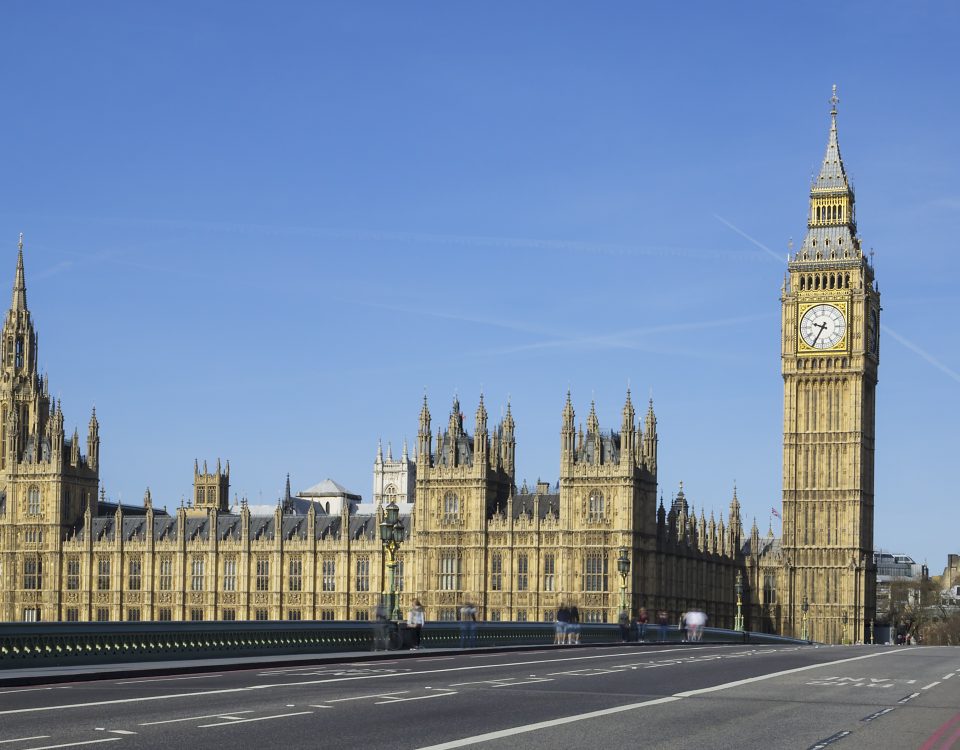IR35: A History
1999 – Conception of IR35
The infamous press release from Inland Revenue, which was numbered ‘IR35’ is issued.
2000 – Implementation of IR35
The new tax year (6th April) introduces the IR35 legislation as law.
2001 – Opposition to IR35
The trade body PCG (now known as IPSE) is formed with the aim of abolishing the rules.
2002 – Movement against IR35
Anti-IR35 groups snowball thanks to the internet, social platforms and online media coverage. 2002 also saw the first IR35 case ‘Lime IT vs Justin’ won by a contractor.
2007 – MSC legislation introduced
This was to stop contractors with no connection to a business being paid as a shareholder to avoid IR35 rules.
2010 – OTS formed
The Office of Tax Simplification (OTS) is formed in May 2010 almost entirely dedicated to improving IR35.
2011 – IR35 Forum established
This was to reduce confusion around the legislation. HMRC published its new ‘Business Entity Tests’ (BETs) in May of the same year.
2012 – Criticism of BETs
BETs are widely criticised as most genuine contractors fell into the ‘medium’ or ‘high’ risk category.
2013 – ‘Office holders’ made inside IR35
The Finance Bill 2013 states individuals who ‘hold office’ in client companies should be classed as inside IR35.
2015 – BETs scrapped
HMRC scraps ‘flawed’ BETs, after lobbying from IR35 experts.
2016 – IR35 consultation
A consultation into IR35 reform in the public sector opens. In addition, changes to Travel and Subsistence rules result in ‘inside IR35’ contractors being unable to claim these expenses.
2017 – Public sector changes enforced
HMRC releases Check Employment Status for Tax tool (CEST) in March 2017. On April 6th, public sector reform is enforced and in November, a consultation into private sector changes is held.
2018 – Private sector reform announced
The October 2018 Budget announces that medium and large private sector businesses will become responsible for setting IR35 status, and that fee-payer responsibilities will be introduced.
2019 – Opposition to changes grows
Response to the private sector consultation is published at the same time as the draft legislation for changes, in the 2020 Finance Bill.
2020 – IR35 reform arrives
Private sector changes will be enforced on 6th April 2020.









